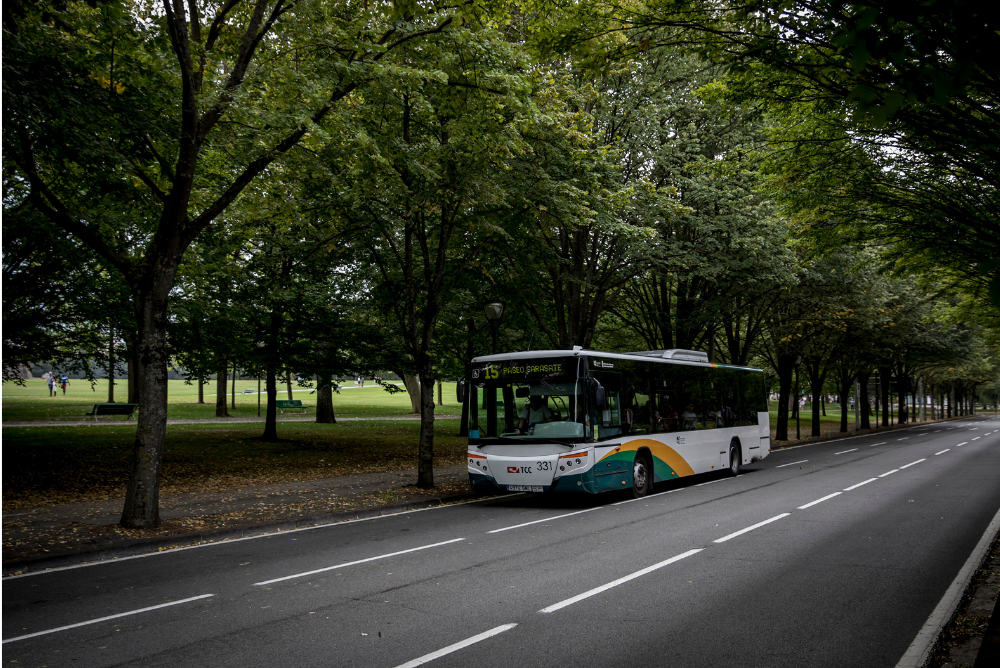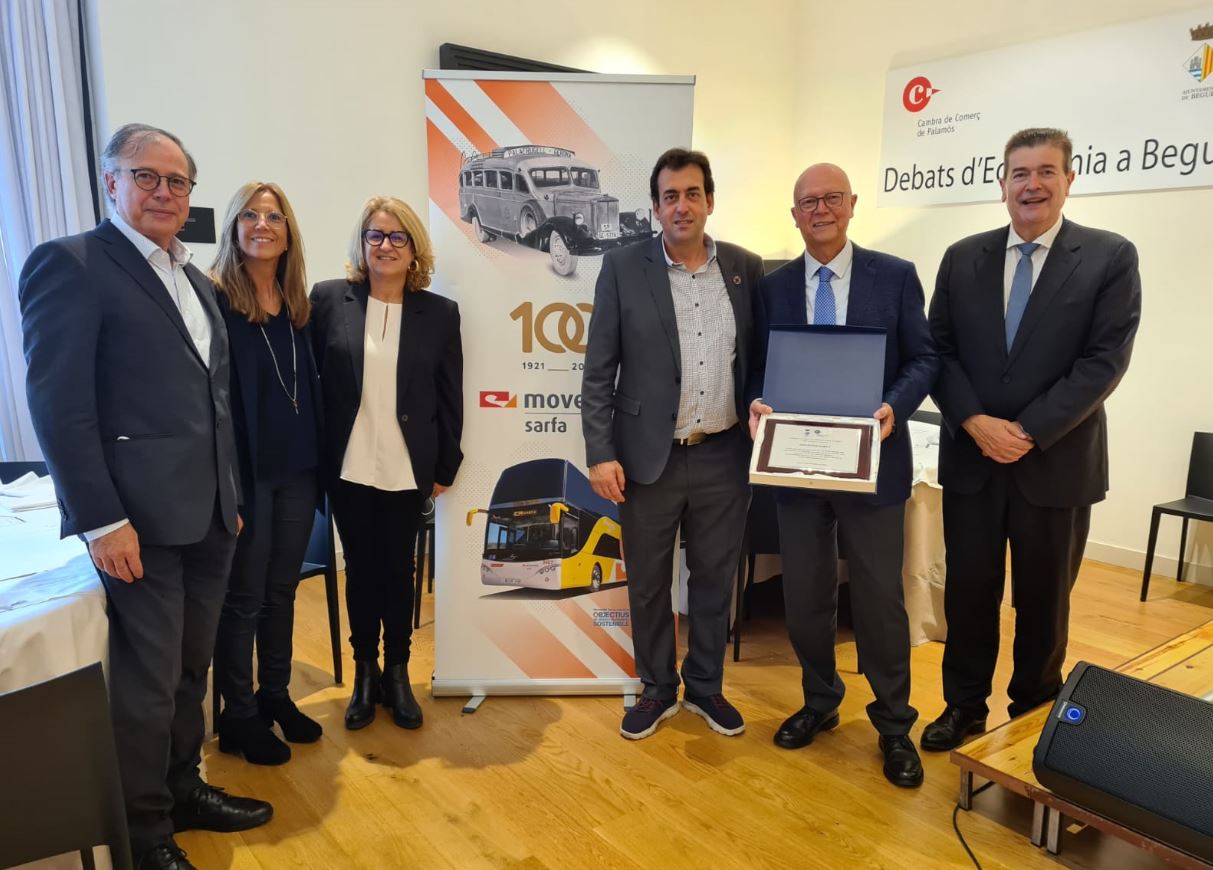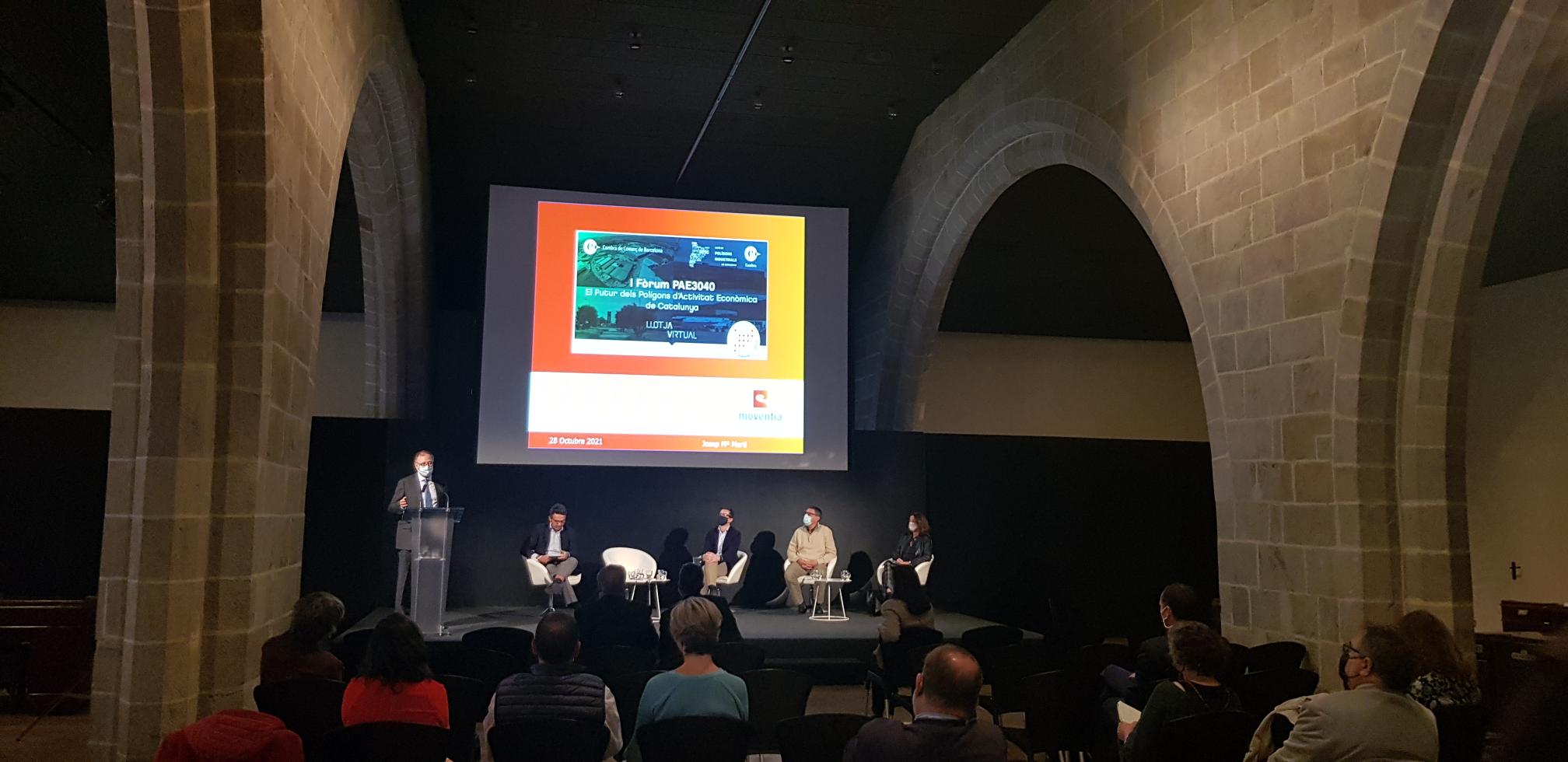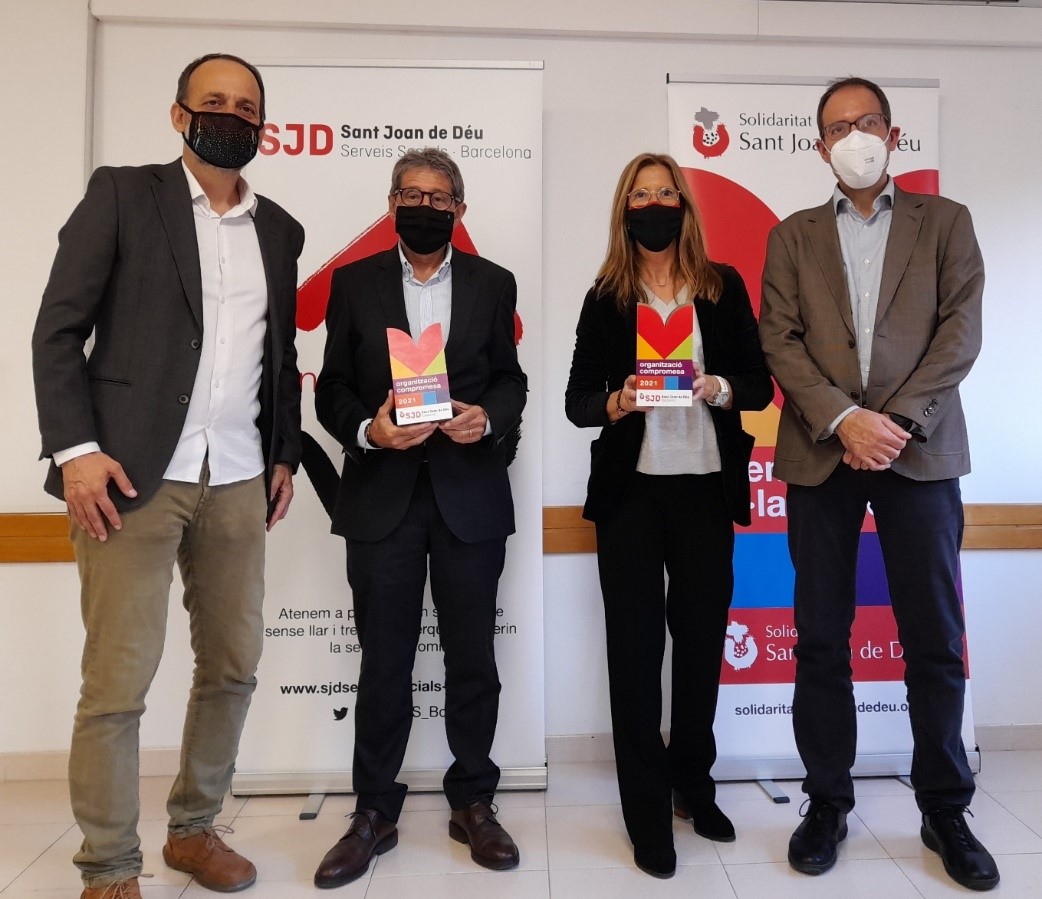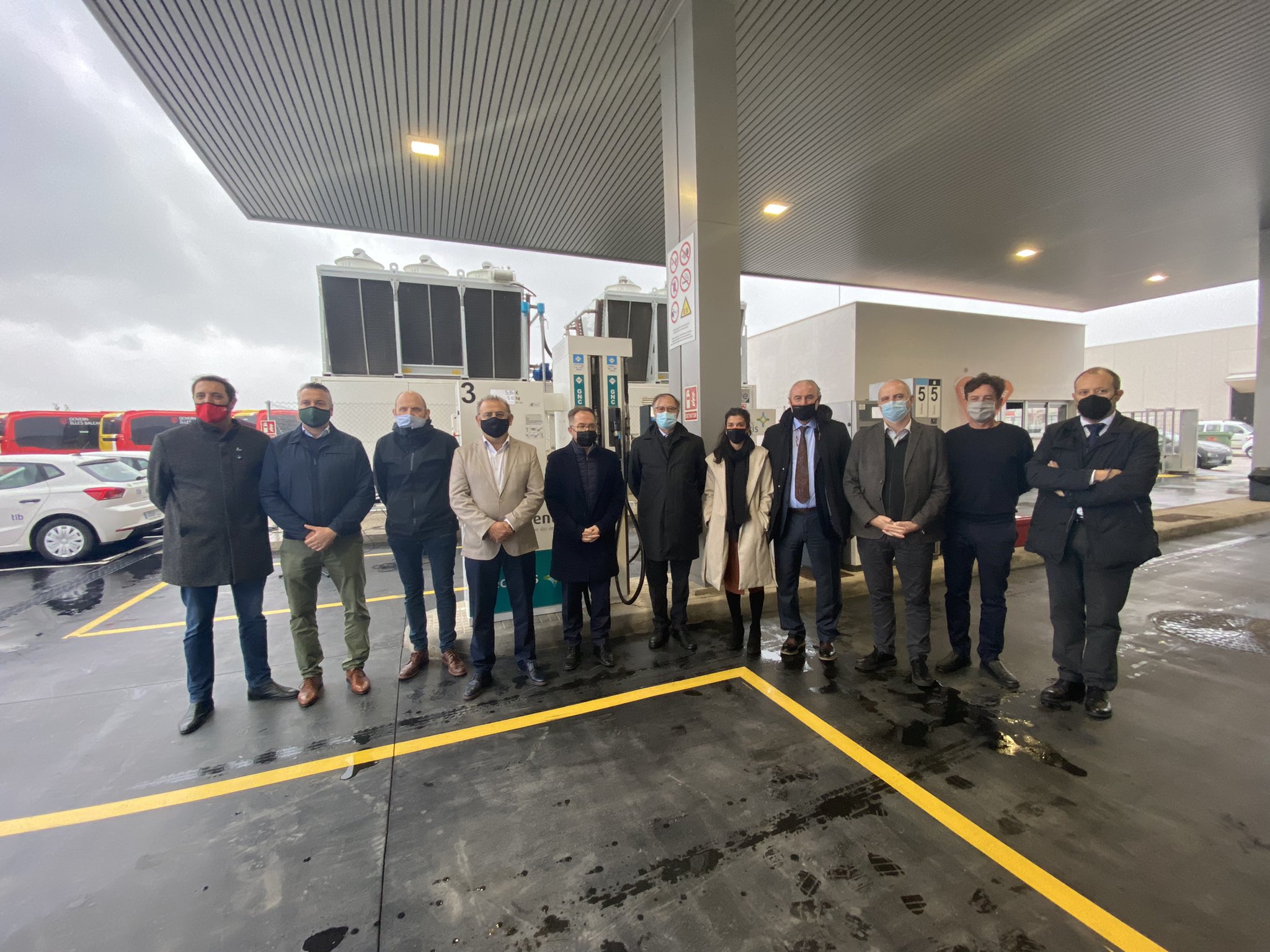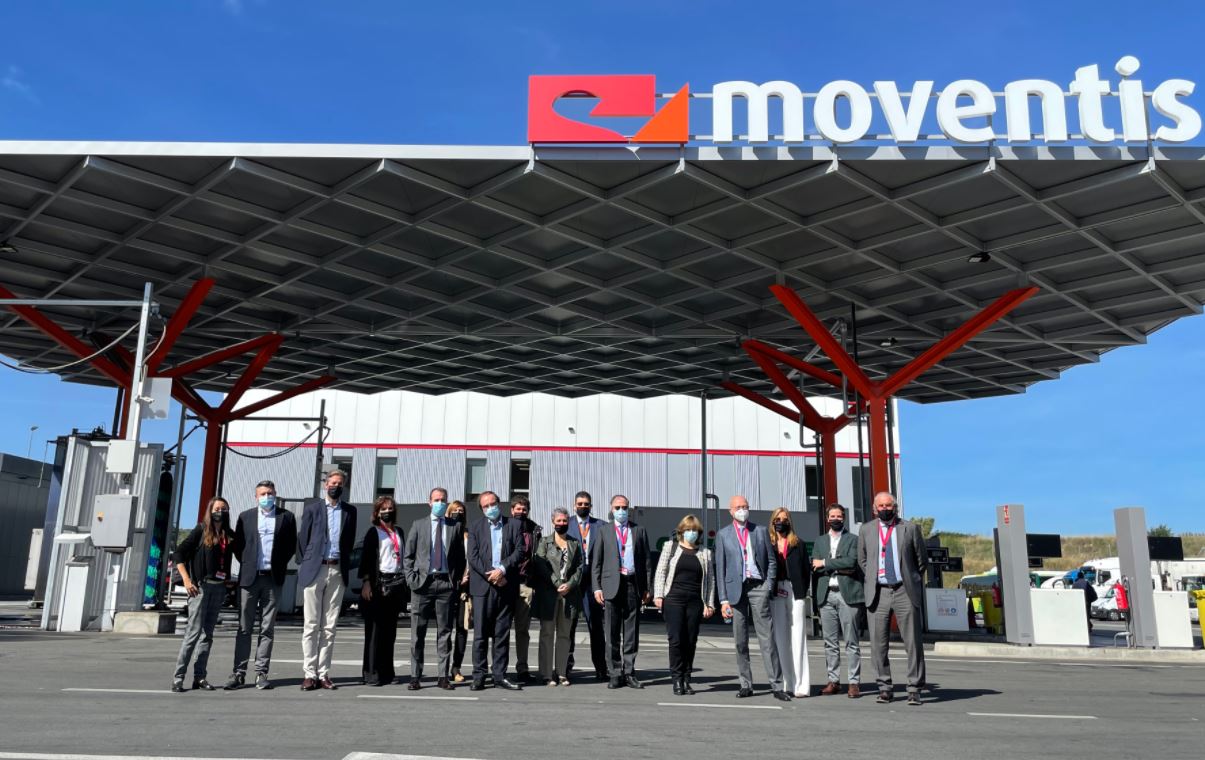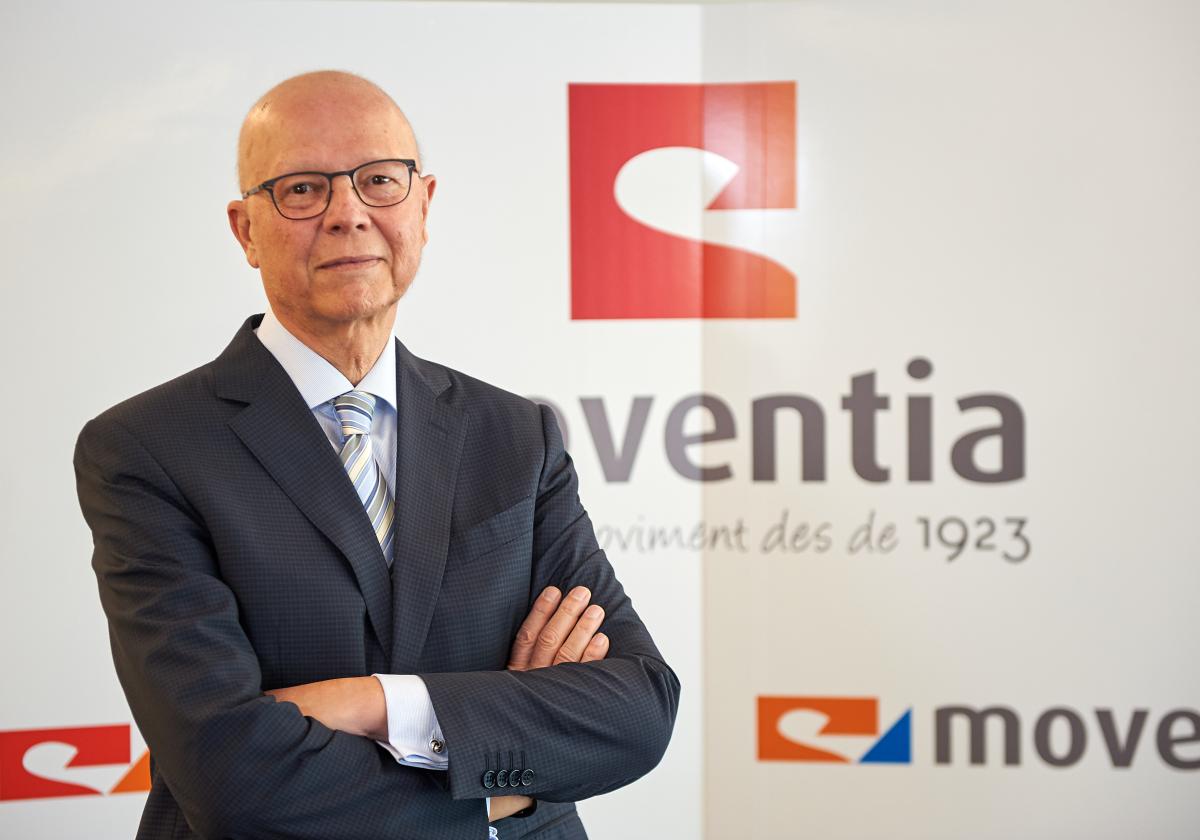The Mobility and Housing Councillor, Josep Marí, together with the Mayor of Calvià, Alfonso Rodríguez, the Director-General for Mobility and Terrestrial Transportation, Jaume Mateu, and the Managing Director of the Mallorca Transport Consortium, Maarten Johannes van Bemmelen, officially opened the gas refuelling station used by the TIB fleet in Calvià (Mallorca, Balearic Islands) to the public earlier today.
The Managing Director of Moventia, Josep Maria Martí, and other representatives from the company managing the gas refuelling station, as well as the new intercity public transport concession for the western region since the start of the year, also attended the event.
Located at the TIB depot on the Son Bugadelles industrial estate, the gas refuelling station has been supplying compressed natural gas (CNG) to the 50-strong TIB bus fleet owned by Moventis since January. From today, it will also be open to the public for the CNG refuelling of private cars, trucks, coaches and vans.
The Mayor of Calvià expressed gratitude for the Council’s support and its sensitivity to public transport in Calvià. “By opening this gas refuelling station to the public”, he said, “we are taking another step towards reducing our environmental impact and highlighting the commitment from Moventis to making it easier for the public to use this infrastructure”.
The Managing Director of Moventia, Josep Maria Martí, said that, “from today, anyone with a gas-powered vehicle will be able to fill their tank at this refuelling station. This is a clear step forward in making it easier for drivers and in promoting the purchase of this type of vehicle, in short, in achieving more sustainable mobility”.
In turn, the Mobility and Housing Councillor said that “we are very happy to be able to bring this infrastructure to the entire population. We need to maintain progress on the energy transition, and this is another step in that process”.
The gas refuelling station offers a rapid refuelling service for compressed natural gas and has two supply lanes with NGV1 and NGV2 pumps. It is a self-service facility for which card payment is required. The public opening times are: Monday to Friday from 08:00 to 20:00 and Saturdays from 08:00 to 14:00.
Redexis, a company operating in the energy sector, was responsible for building the gas refuelling station and for laying the gas pipeline branches. The TIB fleet has other gas refuelling stations in Felanitx, Artà, Alcúdia and Inca. Those facilities are used to refuel buses and vehicles owned by the TIB operators. The companies are currently studying the possibility of offering the service to other groups.
CNG is a real alternative to oil-based fuels as it reduces CO2 emissions by 30% and NOx emissions by up to 75%. Furthermore, it eliminates exhaust pipe particulate emissions and practically all sulphur oxide emissions. Its use helps to improve environmental quality in cities and represents a commitment to an environmentally sustainable transport model. The demand for these vehicles continues to grow: according to data from the Gasnam association, the registration of new CNG vehicles rose by 167% in January and February of 2020 when compared with the same months in the previous year to a total of 1,635 new units on the road.

